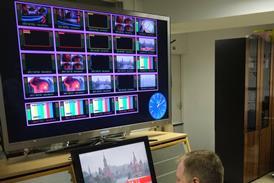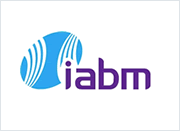The Express-80 and Express-103 spacecraft have been launched from the Baikonur cosmodrome by the Russian Satellite Communications Company (RSCC).

The new satellites were put into the target geo-transfer orbit and will later be placed in geostationary orbit at 80.0° and 96.5° E. The spacecraft are intended to provide fixed and mobile services, digital TV and radio broadcasting, high-speed internet access, and data transmission across the Russian Federation and abroad. Full-scale operation is scheduled to commence in January and February 2021.
Yuri Prokhorov, acting director general, RSCC, said: “With two newly-launched satellites, Express-80 and Express-103, the throughput of our constellation is now up by a quarter. These spacecraft in orbital slots centred over the Russian Federation are already demanded by our customers. This will allow telecom operators to transfer their networks from foreign spacecraft and provide domestic subscribers with the most advanced digital communications and broadcasting services, including Internet access for maritime and aerial customers.”
The vehicles were manufactured by Russian aerospace enterprise, JSC ISS Reshetnev, in collaboration with its European partner, Thales Alenia Space.
Today, with a fleet of 10 geostationary satellites operating in the C-, Ku-, Ka- and L-bands, RSCC claims it has Russia’s largest orbital constellation. Advantageously located on an arc of a geostationary orbit from 14° W to 140° E, this orbital constellation enables RSCC to provide services to clients in 58 countries on all continents.

































No comments yet